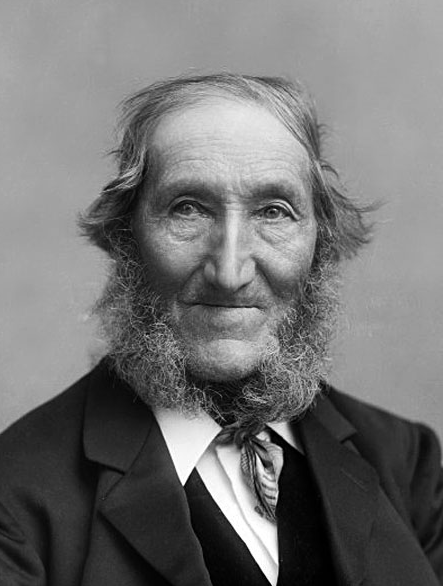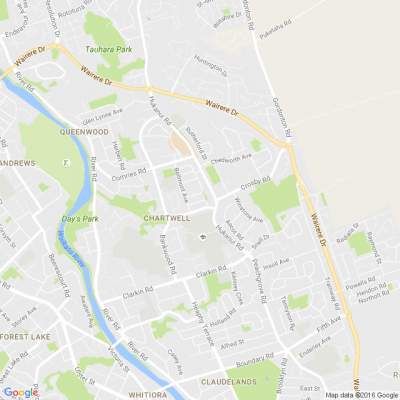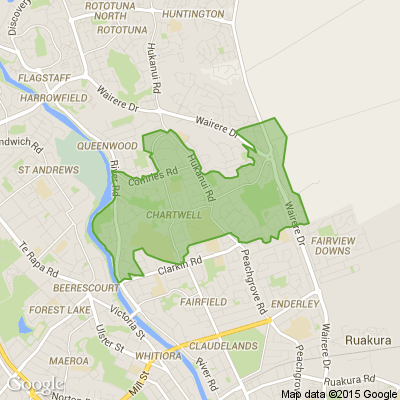Annual NZ Bird Survey
On a recent trip to Vietnam, a country of 90 million people and over 27 million motor scooters, I could count the sound of different “birds in the wild” (including sparrows) on one hand over the duration of ten days in three of the largest cities and Halong Bay overnight on water. There were of course farmed Peking ducks in places and in Ho Chi Min City, even the sound of roosters crowing at dawn (used I could see as tourist draw cards or cock fighter stock according to our guide). Sadly too, there were the inevitable personal collections of wild birds in cages. I recalled a similar situation a decade earlier when visiting Surabaya, Indonesia over three years. The lushness of the vegetation in these tropical climes, which might suggest abundance of bird life showed in reality the opposite. There the only bird I saw in the wild was so timid I found difficulty trying to even get a photo. Is it the press of millions of people and their need for food that impacts so significantly on the presence of birds in the wild? Reading the following article printed verbatim below from the Hamilton Press, I would encourage readers to assist in the tracking of our abundant (by comparison) birdlife. I am also sure this would be a great holiday project for children during the pending holiday break.
Choose one hour during the week June 30 to July 8 and record all the birds you can see and hear. You’ll be part of a citizen science project that has been going since 2007. Birds are an indicator for the state of our environment. Comparing numbers from year to year builds up a picture of how bird populations are coping. Full instructions on how to take part and bird identification tips are at landcareresearch.co.nz. Have a good look around the survey website. There’s information about the pros and cons of feeding birds and which species do better in gardens where food is supplied, plus fun quizzes and activities. The interactive Garden Bird Atlas reveals how many sample gardens there are in each suburb. Bird counters cover most of the country but we’re thin on the ground. More participants will give a better picture of bird populations, so please go out there and do your bit.
Feeling Smart? Prove It with Today’s Tricky Riddle!
What is there one of in every corner and two of in every room?
Do you think you know the answer to our daily riddle? Don't spoil it for your neighbours! Simply 'Like' this post and we'll post the answer in the comments below at 2pm.
Want to stop seeing riddles in your newsfeed?
Head here and hover on the Following button on the top right of the page (and it will show Unfollow) and then click it. If it is giving you the option to Follow, then you've successfully unfollowed the Riddles page.

What would you do if it was your job to fix Hamilton's CBD?
More alcohol restrictions, more lighting, busking rule changes and a whole lot of lobbying - these are some ways Hamilton leaders want to sort out the CBD.
Crime and anti-social behaviour in the area has been in the spotlight after recent news of a man defecating in the street near a city pub and another who flipped tables out the back of a bar after being found scrounging cigarette butts and asked to leave.
What would you do if it was your job to fix Hamilton's CBD? Tell us your reasons in the comments (adding NFP if you don't want your words used in print).

What workplace change would you like to see most?
This coming Monday is Labour Day in New Zealand. This public holiday marks when the eight-hour workday and 48-hour workweek became law in 1899. The idea started with Samuel Parnell, a carpenter in Wellington, who in 1840 refused to work more than eight hours a day. Since skilled workers were in short supply, his employer had to agree.
As more skilled workers arrived, employers tried to change working conditions, but Parnell and others kept pushing for better rights. In 1890, Parnell led a Labour Day parade of 1,500 people to promote the eight-hour day. He passed away shortly after, and nine years later, Labour Day became an official public holiday.
Do you feel that we have reached the ideal in working environments yet? What rights are you passionate about relating to employment? Share your thoughts!







 Loading…
Loading…















